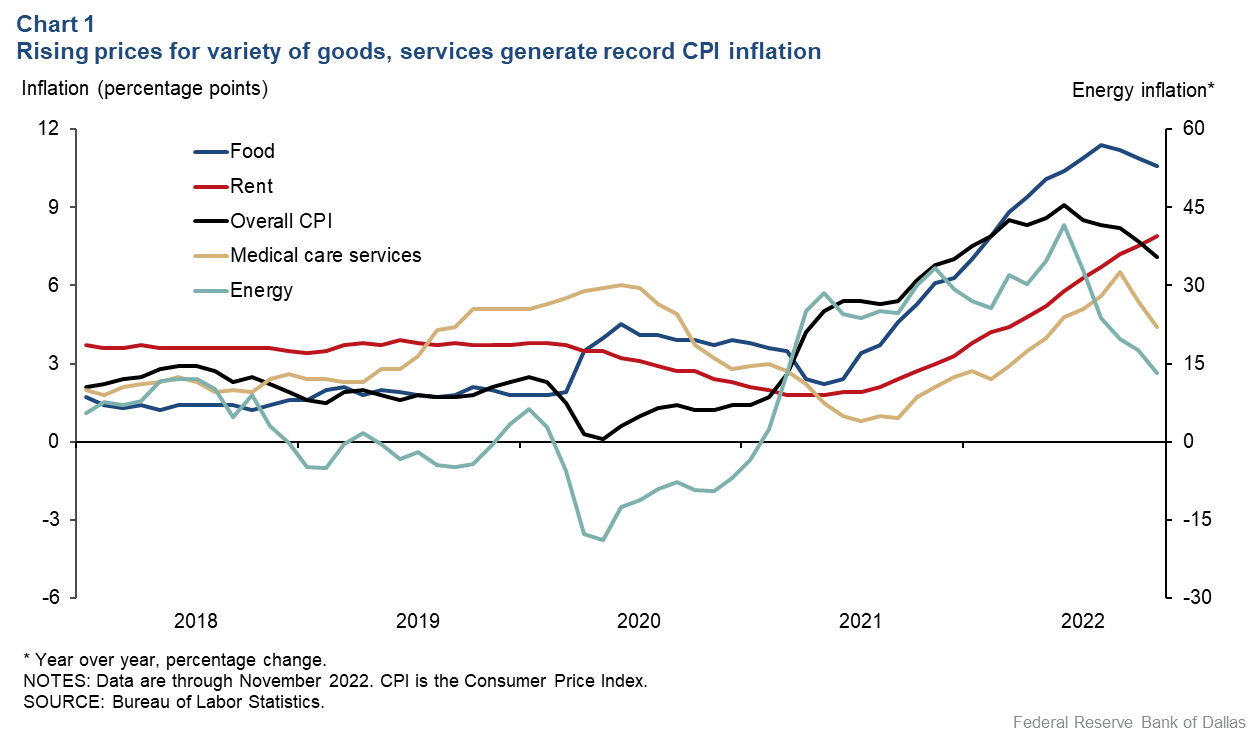
Understanding the Ripple Effect of Economic Inflation
Economic inflation is a phenomenon that has far-reaching implications for individuals, businesses, and governments alike. In this exploration, we delve into the multifaceted impact of economic inflation, unraveling its complexities and shedding light on the strategies to navigate its effects.
The Basics of Economic Inflation
At its core, economic inflation refers to the general increase in the prices of goods and services over time. This decrease in the purchasing power of a currency can lead to a domino effect on various aspects of the economy. Understanding the basics is crucial for comprehending the broader impact of inflation.
Impact on Consumer Purchasing Power
One of the most direct consequences of inflation is its impact on the purchasing power of consumers. As prices rise, the same amount of money buys fewer goods and services. This can lead to a reduction in the standard of living for individuals and families, particularly if wages do not keep pace with inflation.
Challenges for Businesses and Cost of Production
Businesses face a myriad of challenges during periods of inflation, especially concerning the cost of production. As input costs rise, profit margins may shrink unless companies can pass these increases on to consumers. Balancing competitiveness while navigating inflationary pressures becomes a delicate task for businesses.
Interest Rates and Borrowing Costs
Central banks often respond to inflation by adjusting interest rates. Higher interest rates can curb inflation but may also increase borrowing costs for businesses and individuals. Managing these interest rate dynamics becomes crucial for both economic stability and the affordability of loans.
Real Estate and Asset Values
The real estate market and asset values are not immune to the impact of inflation. Inflation can influence property values and investment returns, affecting both homeowners and investors. Understanding these fluctuations is vital for making informed decisions in the real estate and financial markets.
Retirement Planning and Fixed Incomes
Inflation poses challenges for retirement planning, particularly for those on fixed incomes. The purchasing power of retirement savings can erode over time, emphasizing the importance of considering inflation when devising retirement strategies. Diversification and inflation-protected investments become valuable tools in this context.
Global Trade Dynamics
Economic inflation is not confined to national borders; its impact reverberates in the global arena. Fluctuations in currency values, trade imbalances, and shifts in international competitiveness are all influenced by inflation. Navigating these complex global trade dynamics requires strategic foresight and adaptability.
Strategies for Mitigating Inflation Impact
Despite its challenges, there are strategies individuals and businesses can employ to mitigate the impact of economic inflation. Diversifying investments, considering inflation-protected securities, and maintaining financial flexibility are among the tactics that can help weather the inflationary storm.
Collaborative Policy Responses
Addressing inflation often requires collaborative efforts from governments, central banks, and international institutions. Coordinated policy responses that balance economic growth, price stability, and employment considerations are essential for managing the broader impact of inflation on societies.
Economic Inflation Impact: Navigating the Future
In conclusion, understanding the economic inflation impact is paramount for making informed financial decisions. Whether adapting personal budgets, refining business strategies, or participating in policy discussions, a nuanced comprehension of inflation’s multifaceted impact is key to navigating the economic landscape. Explore Economic Inflation Impact for ongoing insights into the evolving dynamics of inflation and its ramifications.



